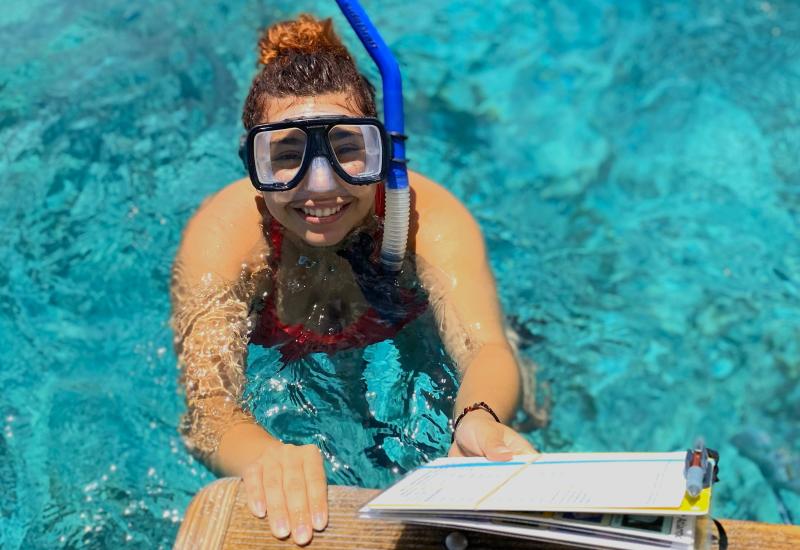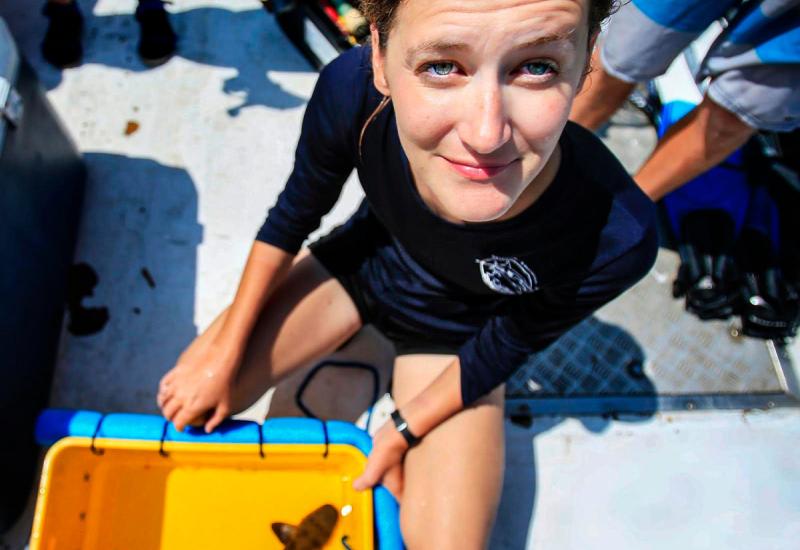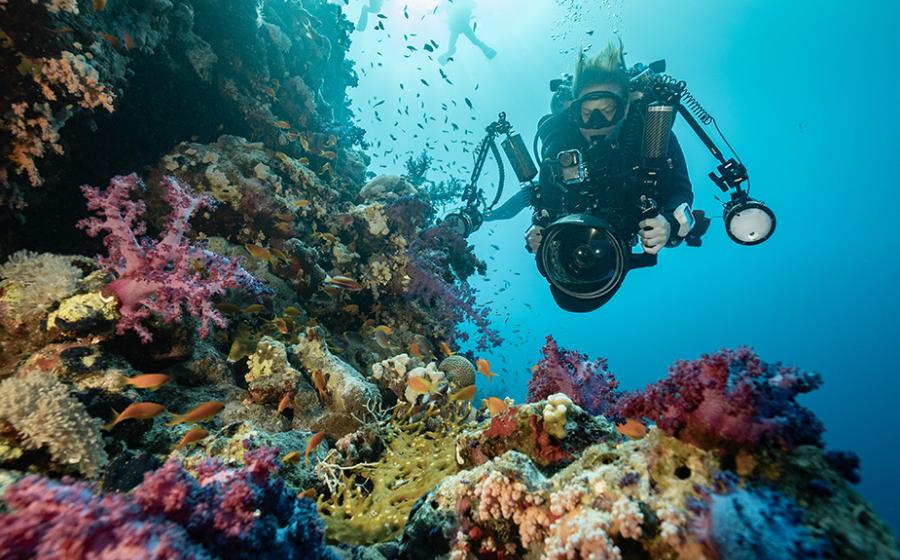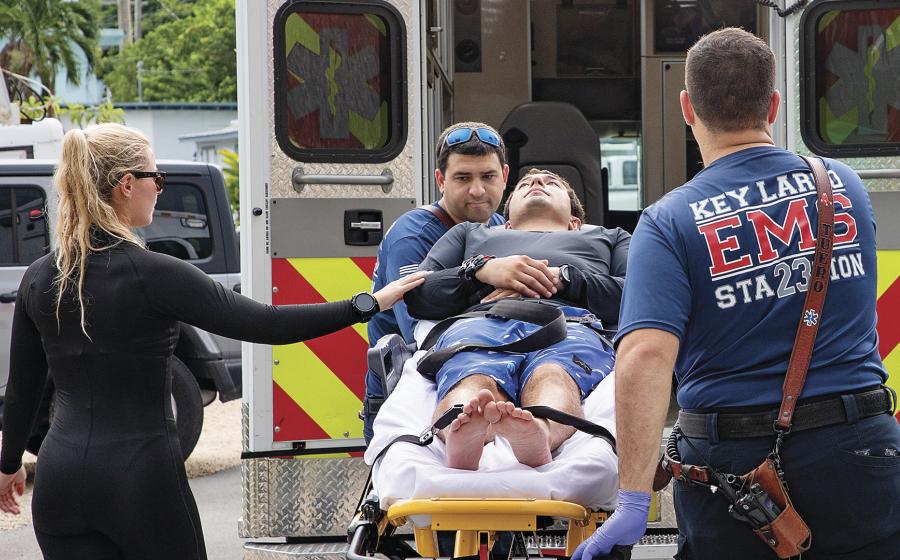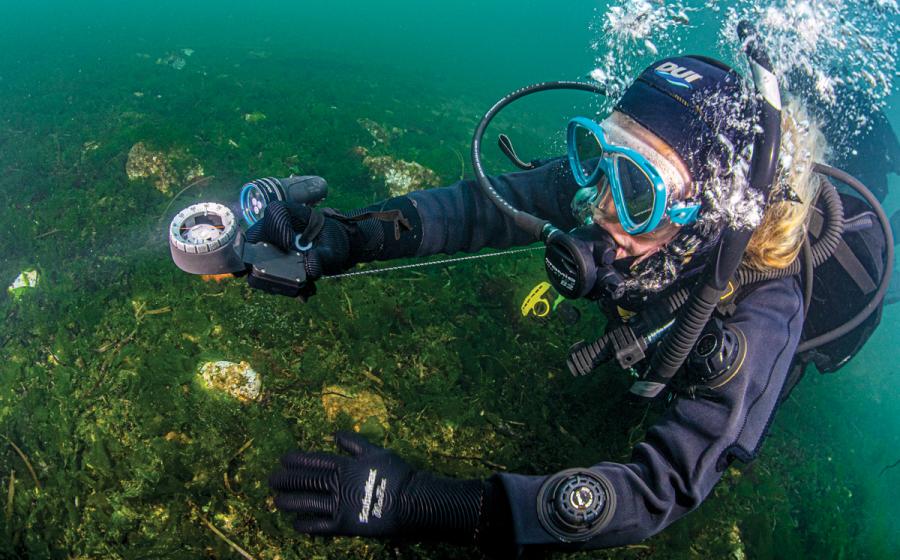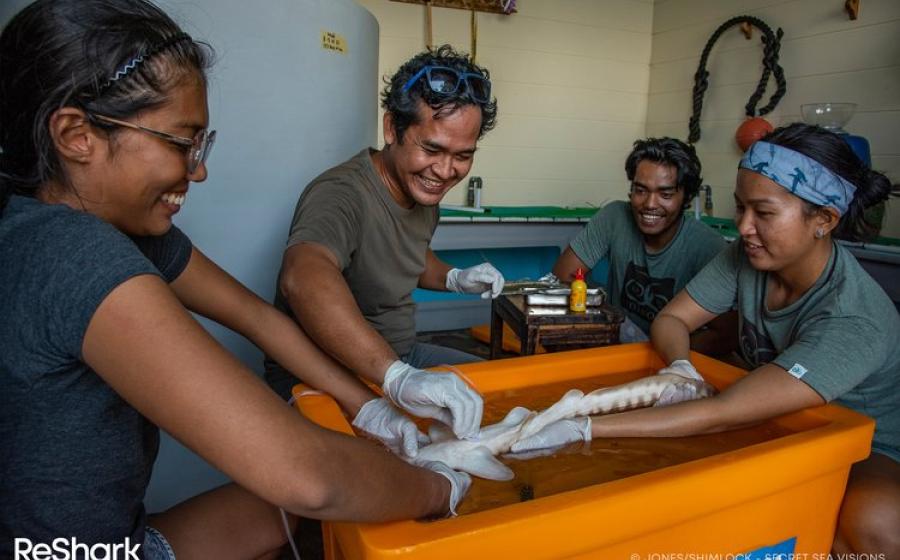Jim Ritterhoff Earns Sea Hero Honors for Work with Veterans
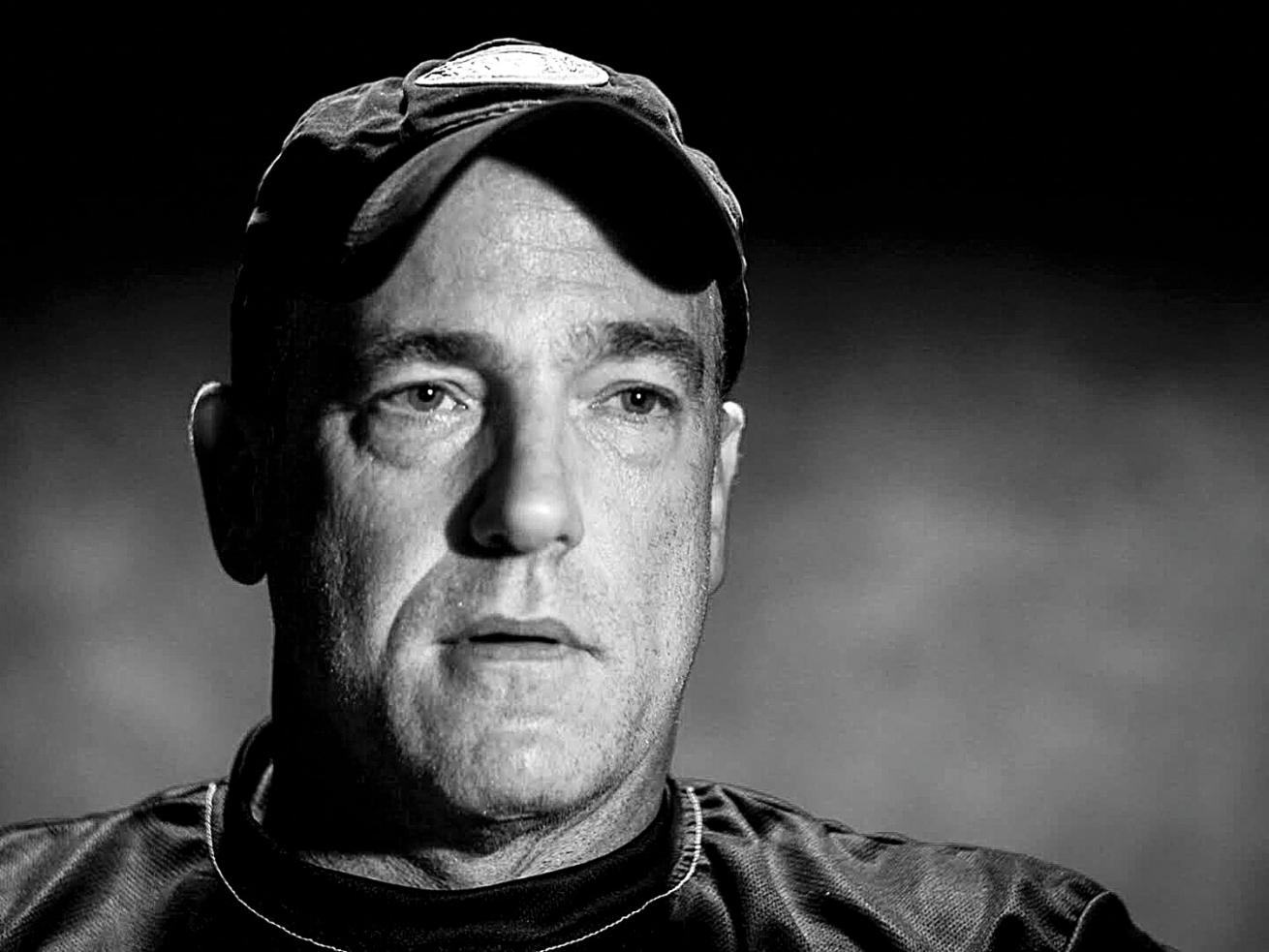
Courtesy Jim RitterhoffGiving former combat divers a new mission to preserve and restore.
Force Blue is a dive program for veterans, but with an important twist, pairing scientists with combat-trained ex-military divers to create a model of cooperation and environmental activism that organizers hope will inspire the rest of us to get involved in their mission to protect coral reefs and our blue planet. For that, cofounder and executive director Jim Ritterhoff is our June issue Sea Hero.
Force Blue differs from other dive entities working with veterans; tell us what makes Force Blue special and how the organization was formed.
What separates Force Blue from other veteran dive programs is the fact that we are comprised solely of military-trained combat divers—which means we don’t actually have to teach anyone how to dive. Governments around the world have already done that job for us, investing millions of dollars to make our veterans the best possible underwater operators. Secondly, unlike other programs that may give their participants two or three days of bonding experiences before sending them back to their lives, Force Blue on-boards its members within a team structure and keeps them engaged–and employed—on long-term and multi-mission deployments. For this reason, our men and women are recruited as much for their willingness to help shape Force Blue as they are for their diving acumen. Team members continue to train and to assist in the training of new recruits. They participate in ongoing PTSD counseling, lead the organization’s community outreach efforts, and are asked to advocate on behalf of marine conservation and veterans’ issues. So, as you can see, it’s much more than just a diving program.
The idea for Force Blue grew out of a dive trip that co-founders Rudy Reyes, Keith Sahm and I took to the Cayman Islands in 2015. Rudy had served on multiple combat tours as part of the USMC's elite Force Reconnaissance unit and was struggling with some pretty serious issues in his transition back to civilian life. Keith and I, on the other hand, had grown increasingly frustrated by the environmental community’s perceived inability to “preach beyond the choir” and were desperate to find some new way to get people engaged. We call it our Reese’s peanut-buttercup moment, but in reality it was a week of shared experiences—and a long night of scribbling on cocktail napkins—that gave birth to Force Blue.
Force Blue has dedicated itself to a multi-year project in the Florida Keys with Project Protect; tell us what you hope to accomplish.
Project Protect is our organization’s three-year commitment to the state of Florida to help rescue, preserve and restore the critically threatened Florida Coral Reef Tract—which, few people realize, is the only barrier reef in the continental United States and, as such, is incredibly important to our country. To date, our efforts have been centered largely on coral restoration and coral disease interdiction. Moving forward, we hope to get involved with things like ghost gear removal, mangrove and seagrass bed planting, mooring buoy and artificial reef installation, marine mammal and reptile rescue—pretty much anything that can be done in the water, we’ll do.
What do you view as the greatest challenges in coral reef conservation? How are these challenges reflected in the work of Force Blue?
The single biggest challenge we as humans face is our own apathy—our unwillingness to come together as a planet, recognize what’s happening and mobilize to fix it. This isn’t about politics—though political partisanship certainly is the enemy—this is about what kind of world do we want to leave our children? Hopefully in pairing scientists with SEALS we’ve created a model of the kind of cooperation it's going to take, from all corners. As we say at Force Blue, it doesn’t matter whether you climb on board from the left side or the right, we’re all in the same boat.
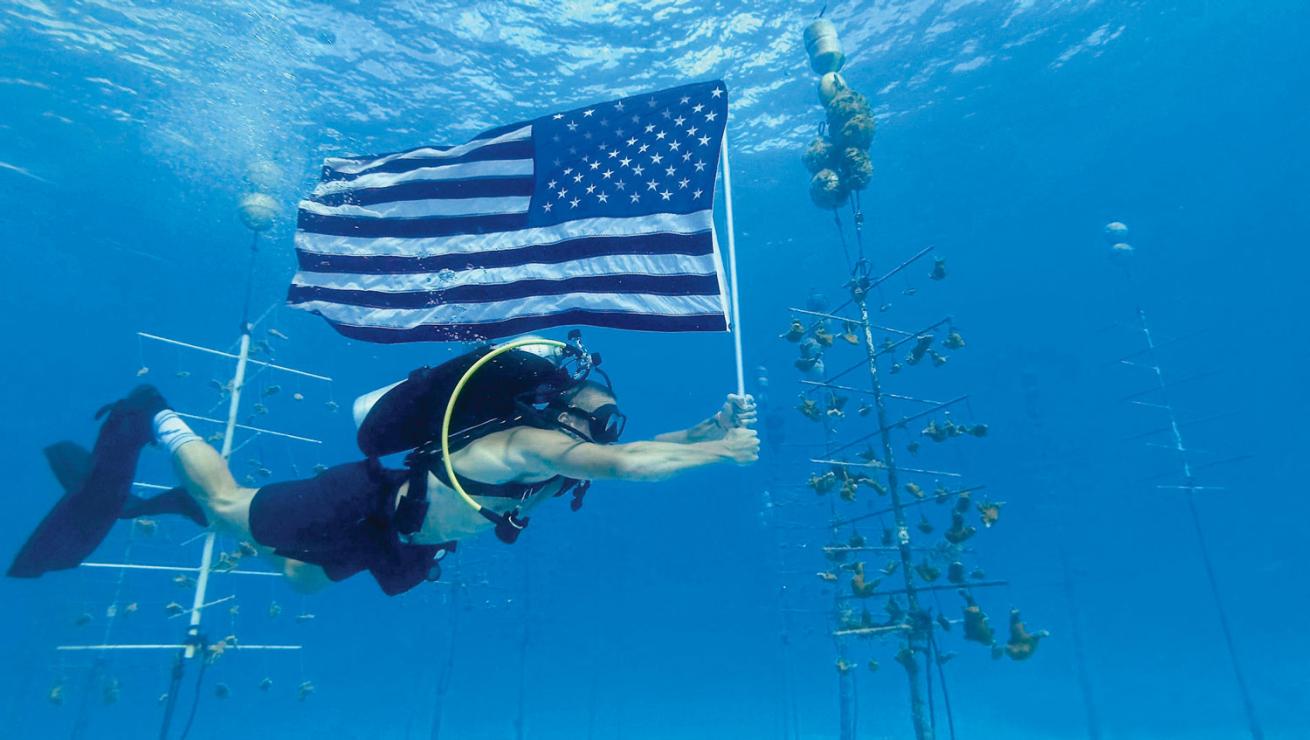
Courtesy Jim HellemnUSAF Combat Control vet and Force Blue member Dan Skidmore in a Florida Keys coral nursery.
What's been your most satisfying moment with Force Blue?
The entire ride has been incredibly satisfying, but if you were gonna pin me down, it would have to be the 800-pound, centuries-old pillar coral off Key West that we rescued and cemented back onto the reef after Hurricane Irma. In that moment I think we all saw the potential of what Force Blue could become. It still gives me chills, actually.
Read More about the Sea Heroes
What's been your most surprising moment with Force Blue?
The thing that has surprised me the most has been the scientific community’s reaction. I mean, we sort of knew going in that our veterans would respond—you give them a mission, you put them with the subject matter experts who are gonna help them accomplish that mission, and you just watch it happen. But the scientists were another story. It would have been very easy for them to look at our veterans, many of whom have some pretty serious stuff they’re carrying around, and say, “No, thanks. I’m here to save coral; I don’t want or need to take that on as well.” But they haven’t. Not one of them. On the contrary, they’ve embraced our guys in ways that are truly remarkable. That’s been an epiphany for me, one that makes me very, very hopeful for our future.
Who are your sea heroes?
That’s an easy one. The men and women I go to work with every day. And not just our veterans, who, for me anyway, are the very definition of heroes. My friend and co-founder Keith Sahm, who had a very successful career in the dive industry but was willing to take a chance on this. Angelo Fiore and Les Burke, our two former Navy divers who run Force Blue’s dive ops and are doing this because they believe to their core that service doesn’t stop. And last but not least, our operations director Nicole Rosga, who continues to serve with the Florida Air National Guard and is about to deploy overseas for the fifth time, and who, despite having some serious health issues brought on by her service, continues to warrior on. She has the word “hope” tattooed on the bottom of her foot. If that doesn’t inspire you to want to be better and do more, it’s time to check your pulse.
What can divers and our readers do to help further the work of Force Blue?
We encourage anyone who believes in our mission and would like to play a part in its success to visit our website (forceblueteam.org) and make a donation if you can. Every tax-deductible dollar raised goes directly toward putting a former Special Operations veteran back in the water and back on mission. Beyond that, please just tell our story. Follow us on social media @forceblueteam, and look for ways to get involved in your own communities.

.jpg?itok=bd_Jvz2Y)
